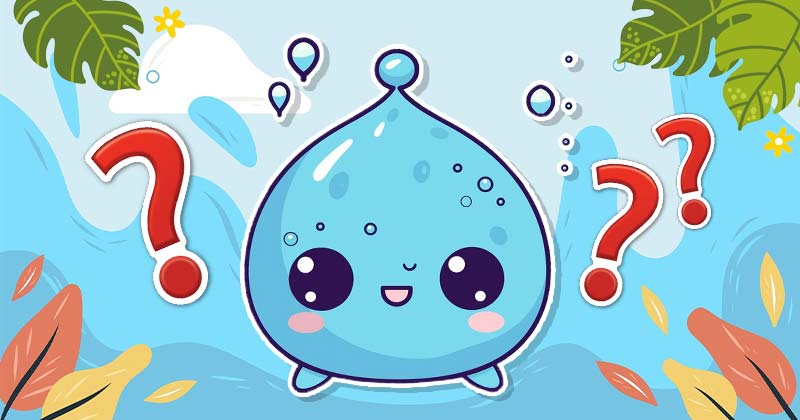
The Ultimate Water Trivia Quiz
Have you ever stopped to think about the incredible role that water plays in our lives? From quenching our thirst to shaping our planet's landscapes, water is truly fascinating. In this water trivia quiz, we'll dive deep into the world of water, exploring its importance, its mysteries, and its wonders. So, grab a glass of water (hydration is key!) and let's run through these water-themed trivia questions and answers!
The Uses of Water
Water is more than just a basic necessity; it's the lifeblood of our planet. From the smallest microorganism to the largest whale, every living creature depends on water for survival. But its significance extends far beyond mere sustenance.
Here's why water matters:
Sustaining Life
At its core, water is essential for the survival of all living organisms. It's the primary component of cells, tissues, and organs in our bodies, facilitating crucial biological processes like digestion, circulation, and temperature regulation. Without water, life as we know it would cease to exist.
Supporting Ecosystems
Water is the lifeblood of ecosystems, providing habitats for diverse plant and animal species. Wetlands, rivers, lakes, and oceans are teeming with life, from tiny algae to majestic marine mammals. These ecosystems rely on water for food, shelter, and reproduction, playing a vital role in maintaining biodiversity.
Shaping the Planet
Over millions of years, water has sculpted the Earth's surface, carving out majestic landscapes and shaping geographical features. Rivers carve through valleys, glaciers sculpt mountain ranges, and oceans shape coastlines. Water's erosive power is a testament to its ability to shape the very foundation of our planet.
Driving the Water Cycle
The water cycle, also known as the hydrological cycle, is a continuous process that circulates water between the Earth's surface, atmosphere, and groundwater. Through processes like evaporation, condensation, precipitation, and runoff, water constantly moves and replenishes the planet's water supply, ensuring the availability of freshwater for various uses.
Sustaining Agriculture
Agriculture is the largest consumer of freshwater globally, accounting for around 70% of total water withdrawals. Water is essential for irrigating crops, feeding livestock, and maintaining soil fertility. Without adequate water resources, food production would be severely compromised, leading to food shortages and hunger.
Driving Economic Development
Water plays a critical role in driving economic growth and development. It's essential for various industries, including manufacturing, energy production, and tourism. Access to clean water and sanitation is also crucial for public health and sanitation, reducing the burden of waterborne diseases and improving overall well-being.
Nurturing Culture and Spirituality
Water holds immense cultural and spiritual significance for many societies around the world. It's central to religious rituals, ceremonies, and traditions, symbolizing purity, renewal, and rebirth. Rivers, lakes, and oceans have inspired countless works of art, literature, and music, reflecting humanity's deep connection to water.
Understanding the importance of water is key to ensuring its sustainable management and conservation for future generations.
Why Saving Water Matters
While water is abundant, it's not invincible. Human activities such as pollution, over-extraction, and climate change pose significant threats to water quality and availability.
Let's see why saving water matters.
Environmental Impact
Water is a finite resource, and its availability is not guaranteed. By conserving water, we can help preserve natural ecosystems and protect wildlife habitats. Many species rely on freshwater sources for survival, and our actions can either sustain or disrupt these delicate ecosystems.
Mitigating Water Scarcity
Across the globe, water scarcity is a pressing issue that affects millions of people. By saving water, we can help alleviate the strain on water supplies and ensure that future generations have access to this essential resource. From reducing household water usage to implementing water-saving technologies in agriculture, every effort counts in mitigating water scarcity.
Energy Savings
Believe it or not, saving water also translates to energy savings. Pumping, treating, and heating water requires significant energy inputs. By conserving water, we can reduce the energy footprint associated with water usage, leading to lower energy bills and a lighter environmental impact.
Financial Benefits
Saving water isn't just environmentally responsible – it's also financially savvy. By adopting water-saving practices, households and businesses can lower their water bills and reduce operational costs. From fixing leaky faucets to installing water-efficient appliances, investing in water conservation measures can lead to long-term savings.
By taking action to conserve this precious resource, we can create a more sustainable future for generations to come. Let's all do our part to make every drop count!
Water Trivia Questions and Answers
So, what are you waiting for? Let's dive into the water trivia quiz and test your aqua acumen! Get ready to make a splash and explore the wonders of water like never before. Let's dive in!
Enjoy Quizly? Upgrade to Premium for an ad-free experience and exclusive features.
Get PremiumWater Trivia Quiz Questions
Which ocean is the largest?

Pacific Ocean
Atlantic Ocean
Arctic Ocean
Indian Ocean
What percentage of the Earth's water is freshwater?
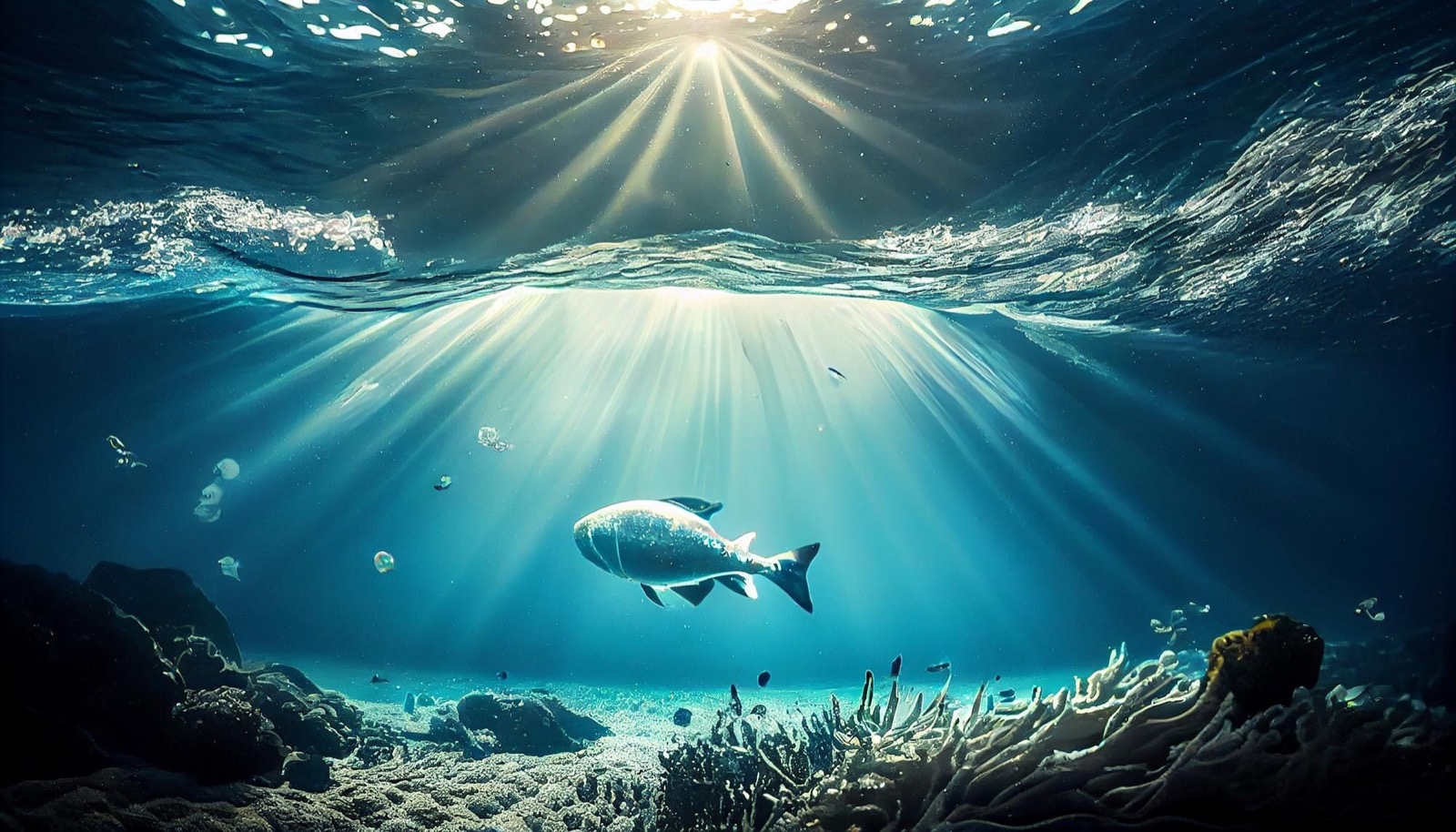
2.5%
75%
25%
10%
What is the main use of freshwater worldwide?
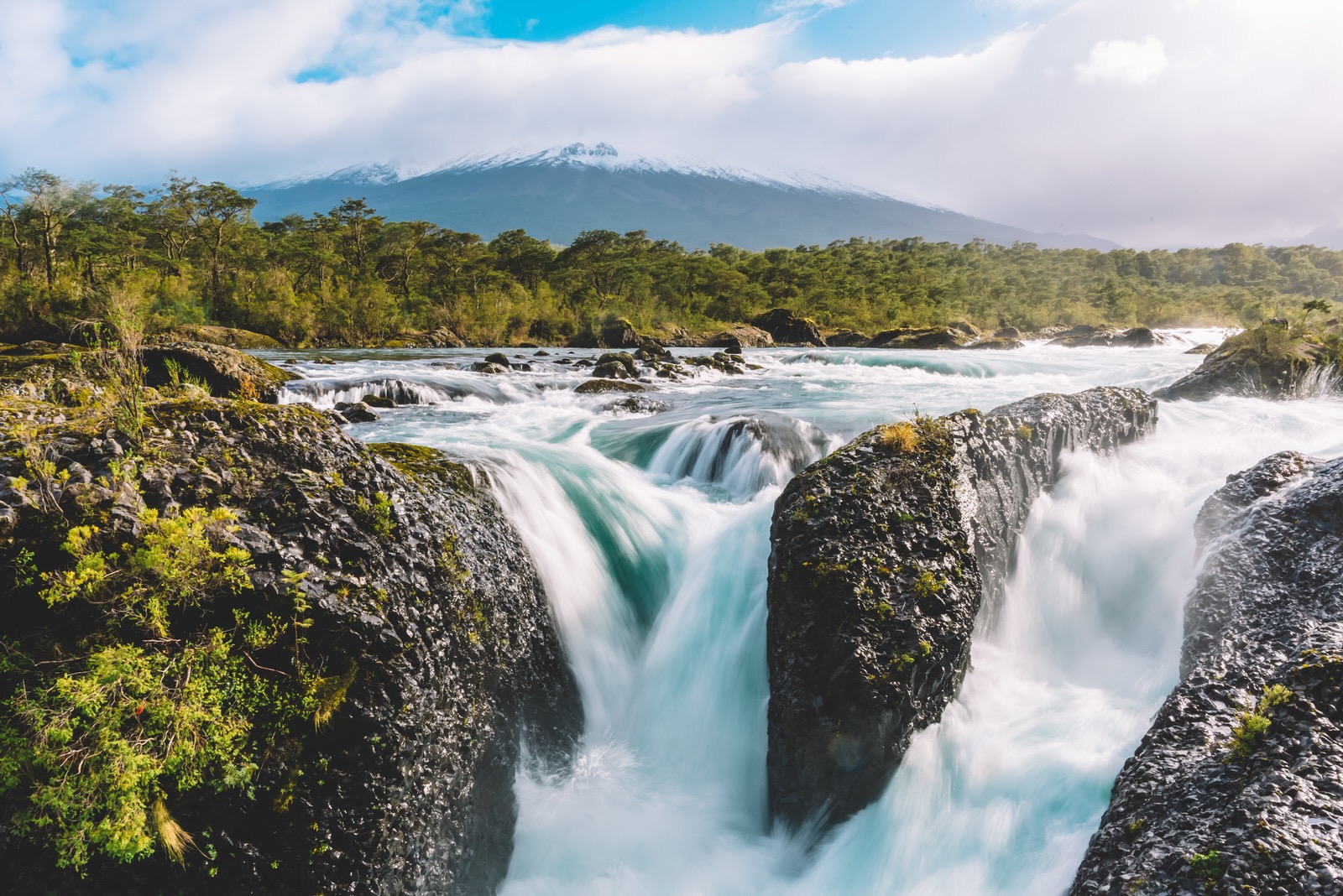
Industrial purposes
Agriculture
Hydropower generation
Household consumption
Which country has the highest per capita freshwater consumption?

Brazil
United States
China
India
What percentage of the world's population lacks access to clean freshwater?
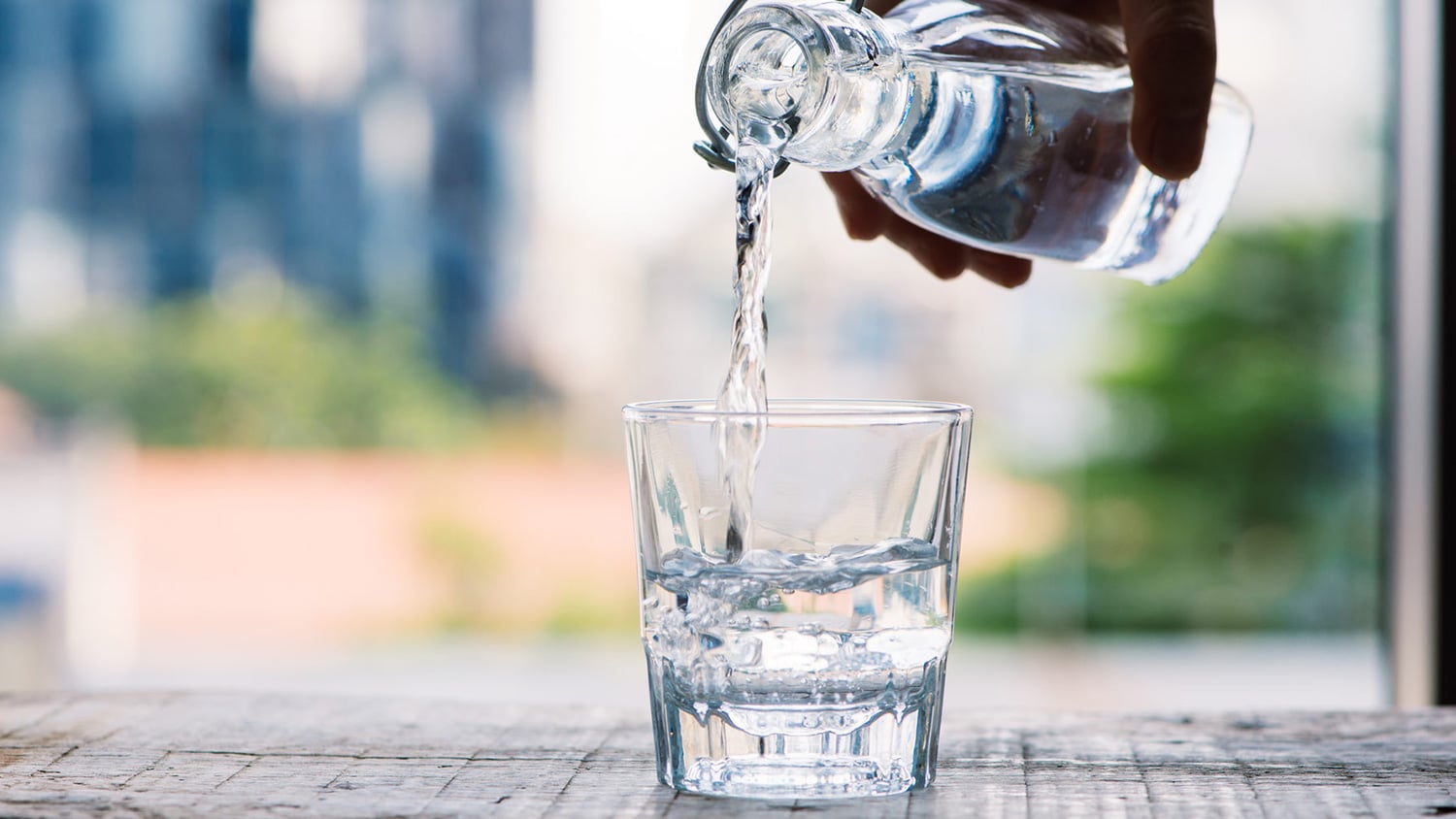
50%
Less than 1%
25%
10%
What is the largest river in the world by discharge volume?

Amazon River
Nile River
Yangtze River
Mississippi River
What is the chemical formula for water?
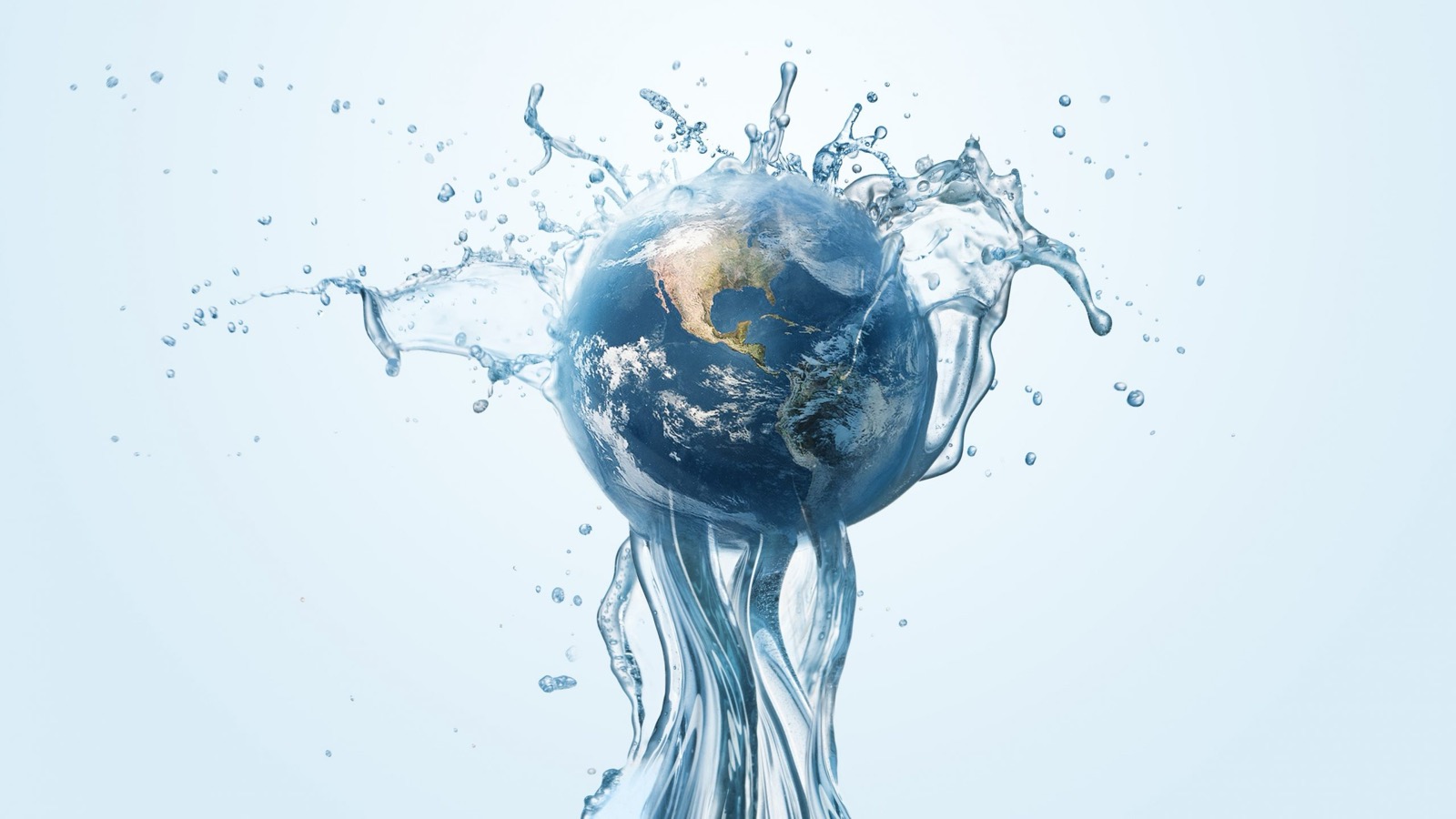
NaCl
H2O
O2
CO2
What is the process of water moving from the Earth's surface to the atmosphere and back called?
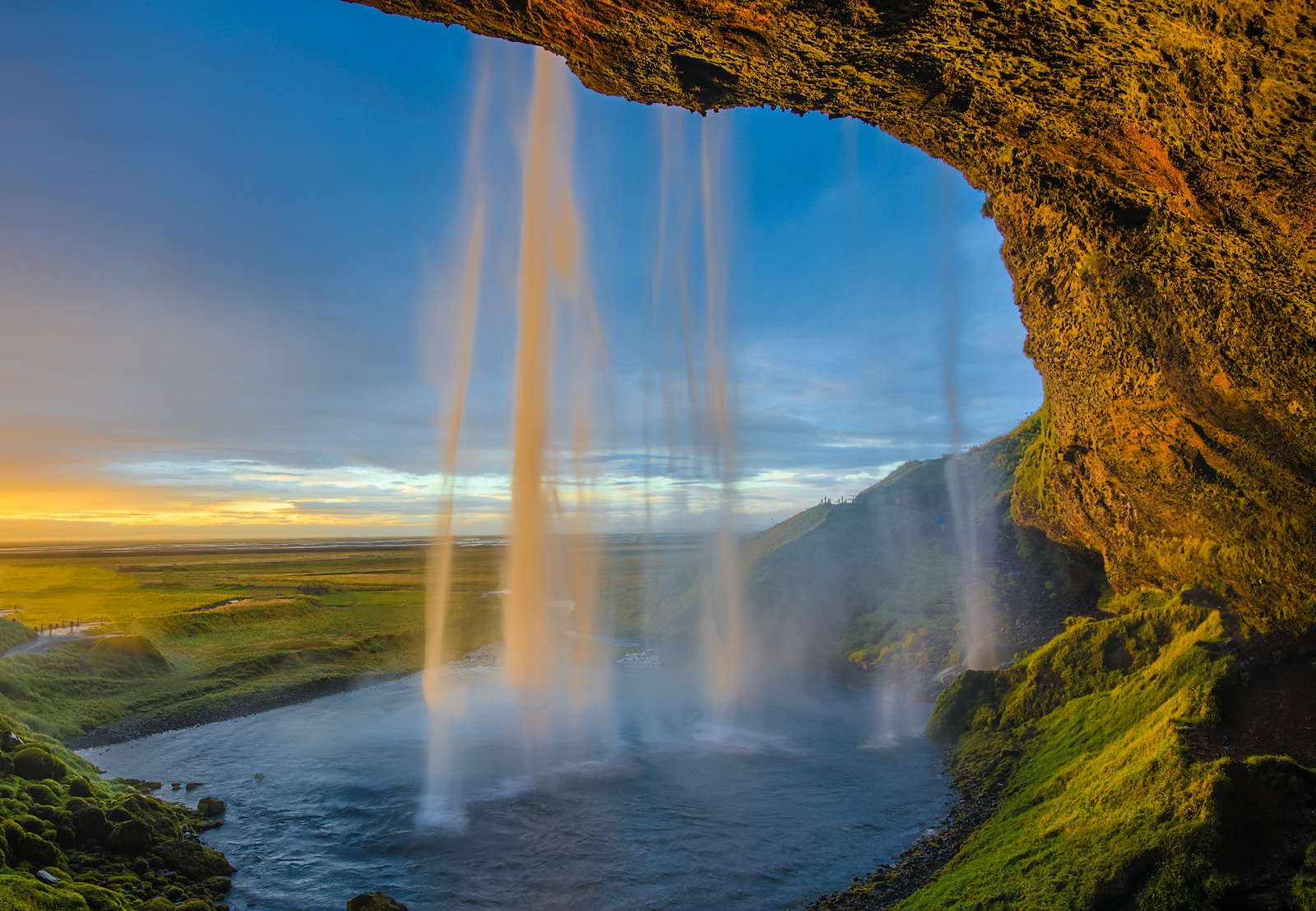
Condensation
Photosynthesis
Water cycle
Evaporation
Which of the following is NOT a stage in the water cycle?
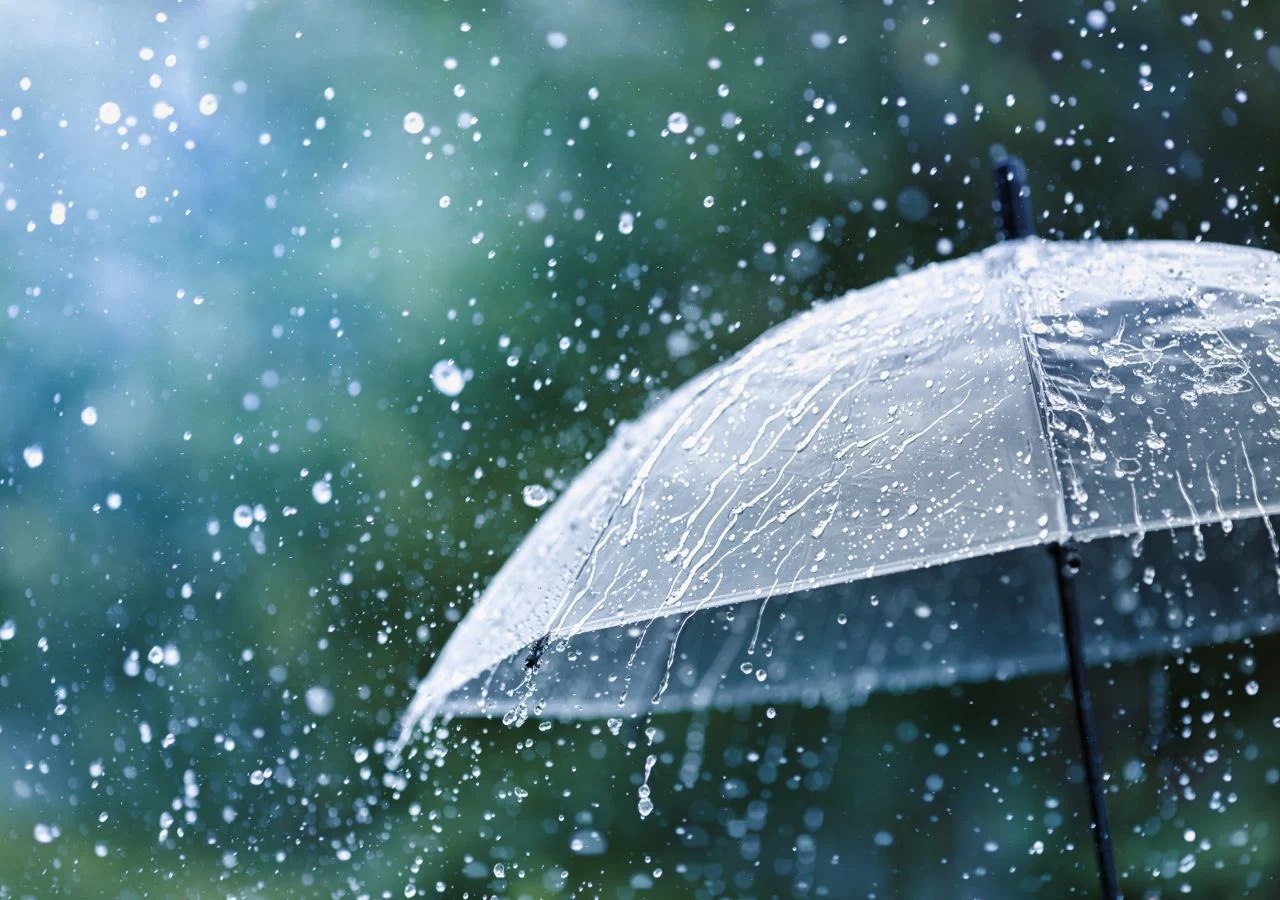
Evaporation
Filtration
Precipitation
Condensation
What is the largest freshwater lake by volume in the world?

Lake Baikal, Russia
Lake Victoria, Africa
Lake Michigan, United States
Lake Superior, North America
Which country has the longest coastline in the world?

Canada
Russia
Australia
United States
This is the halfway point of the quiz! What is a cause of water scarcity?
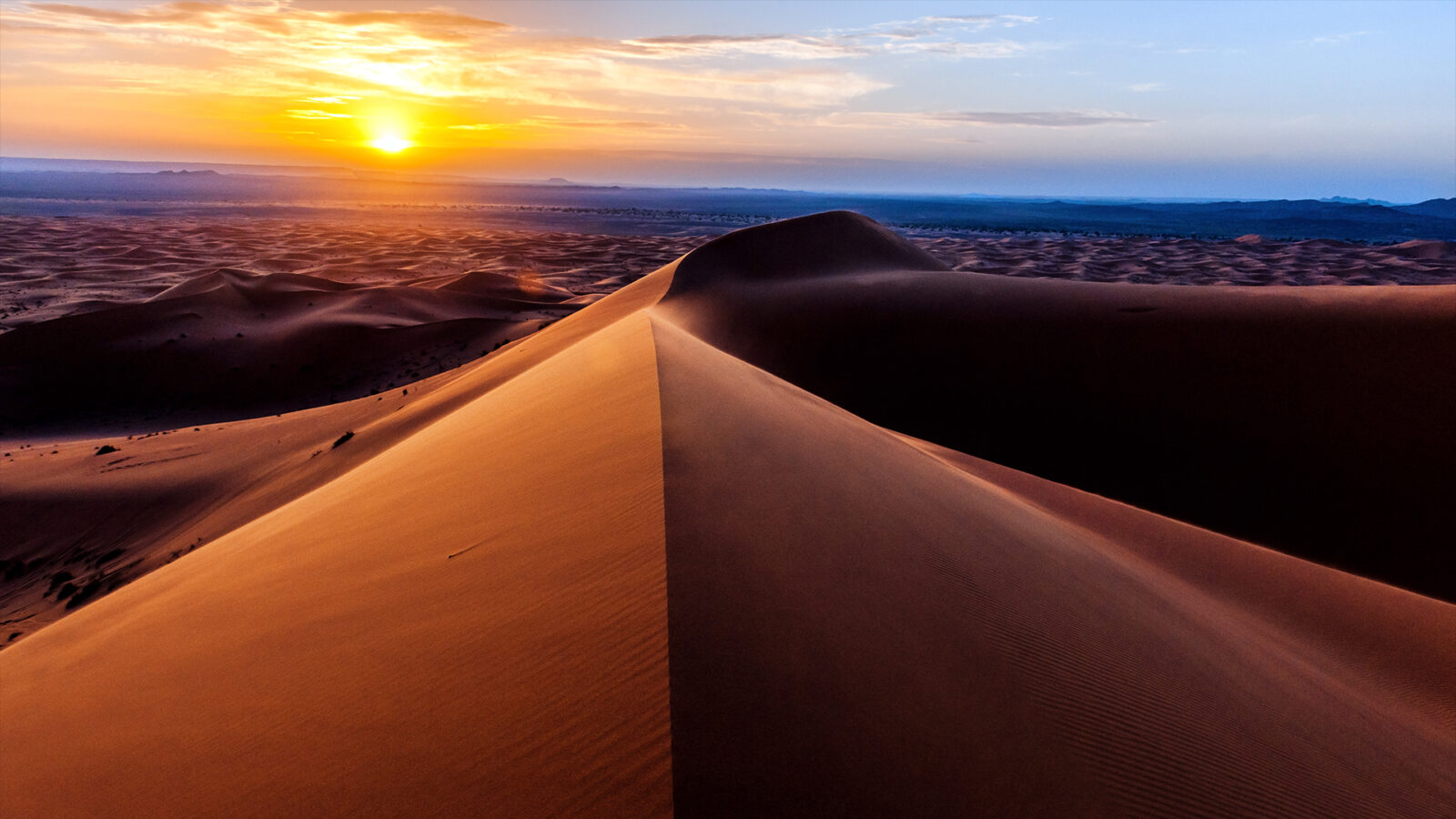
All of these
Deforestation
Increased agriculture
Climate change
What percentage of the human body is made up of water?
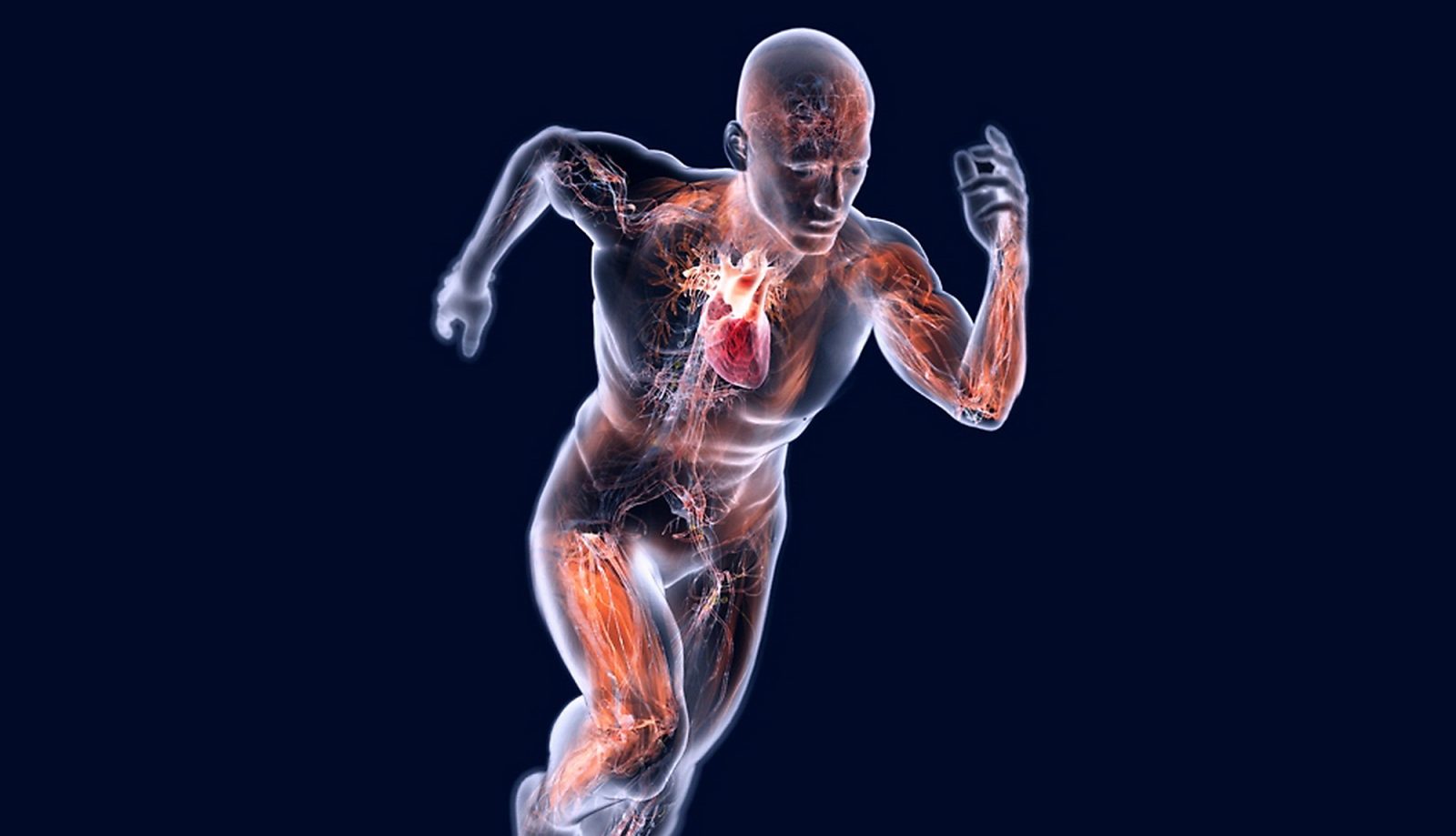
60%
30%
90%
40%
Which of the following is NOT a source of groundwater contamination?
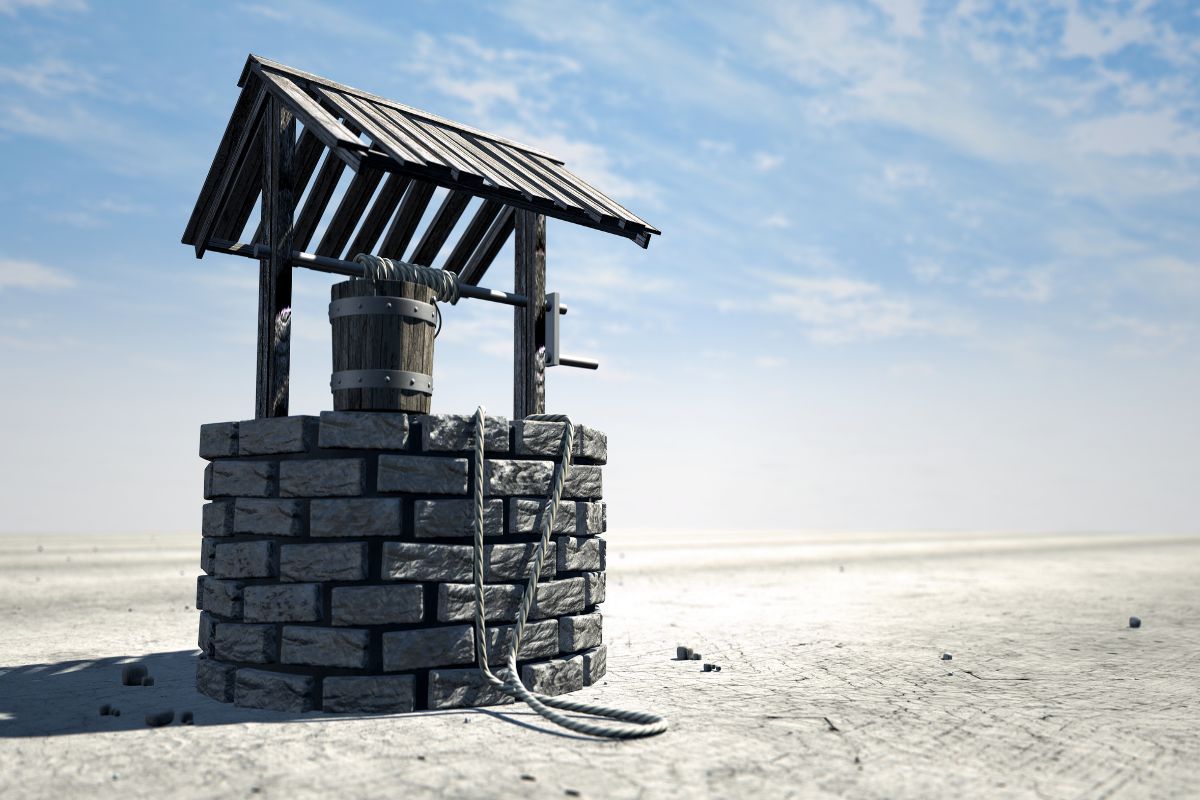
Wind erosion
Industrial waste
Landfills
Pesticides
Which continent has the highest percentage of its population without access to clean water?
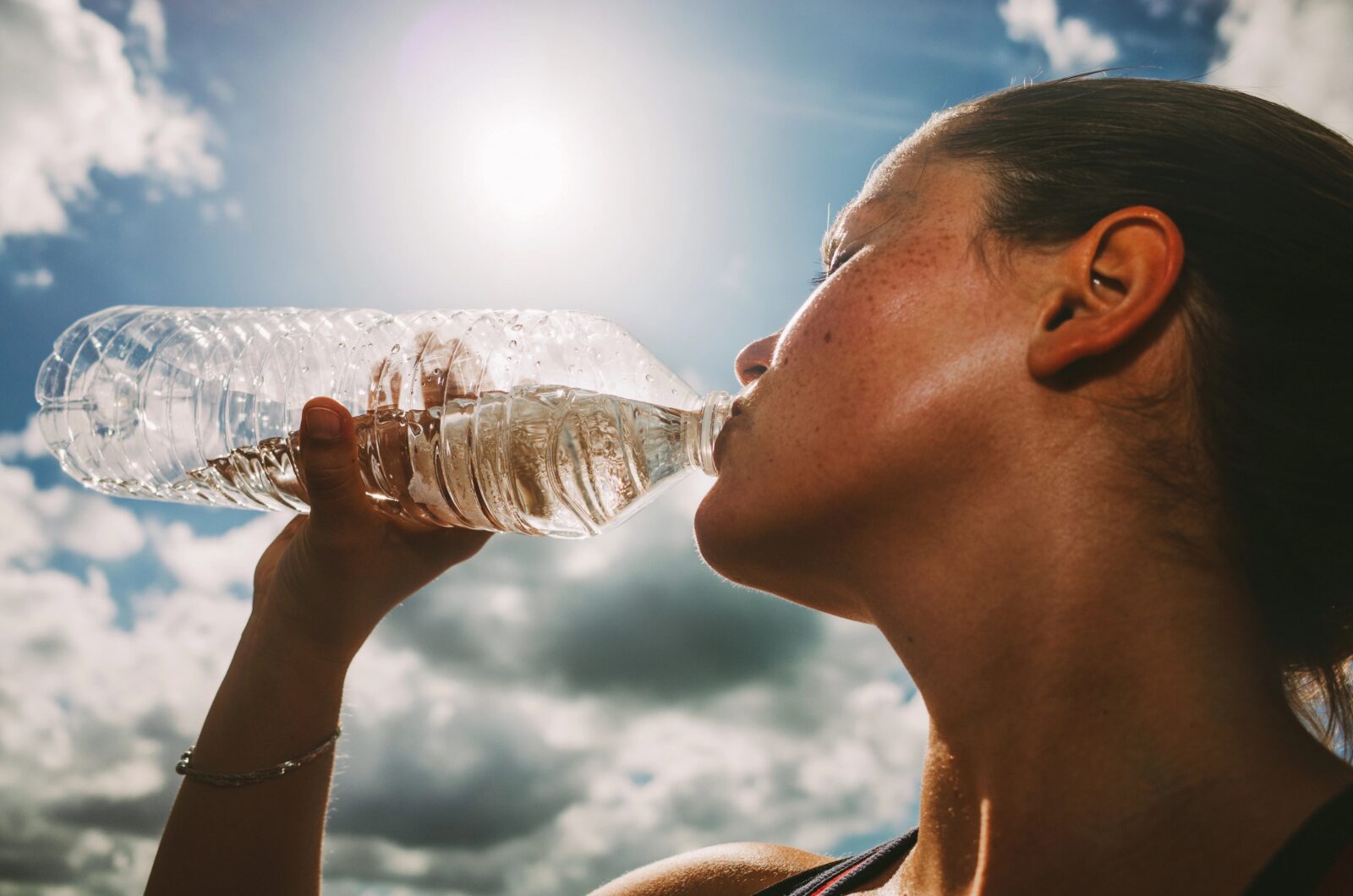
Europe
Asia
Africa
South America
Which of the following is NOT a major water body in the United States?
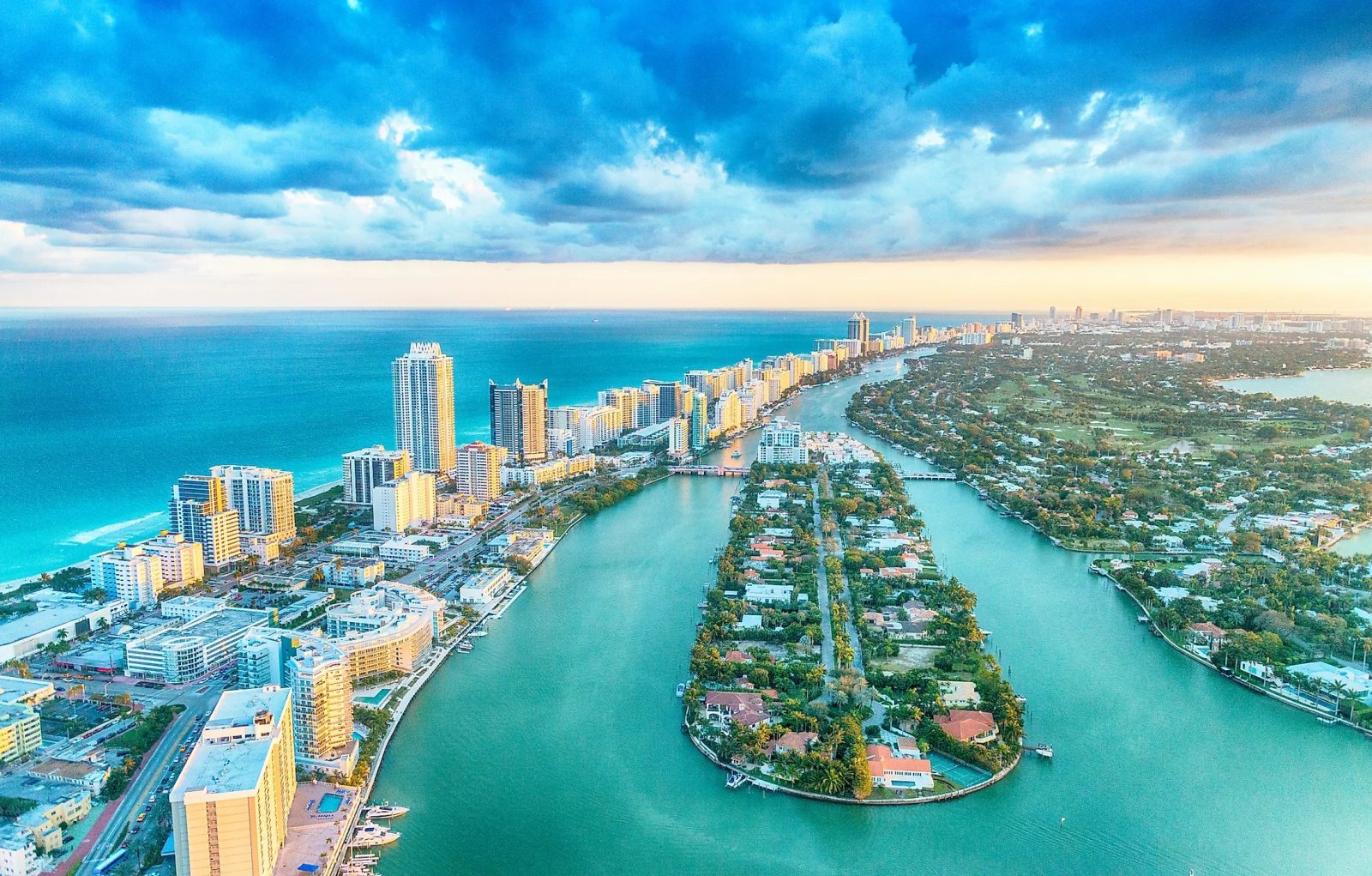
Great Lakes
Dead Sea
Colorado River
Mississippi River
What is the term for the process of water seeping into the ground and becoming groundwater?
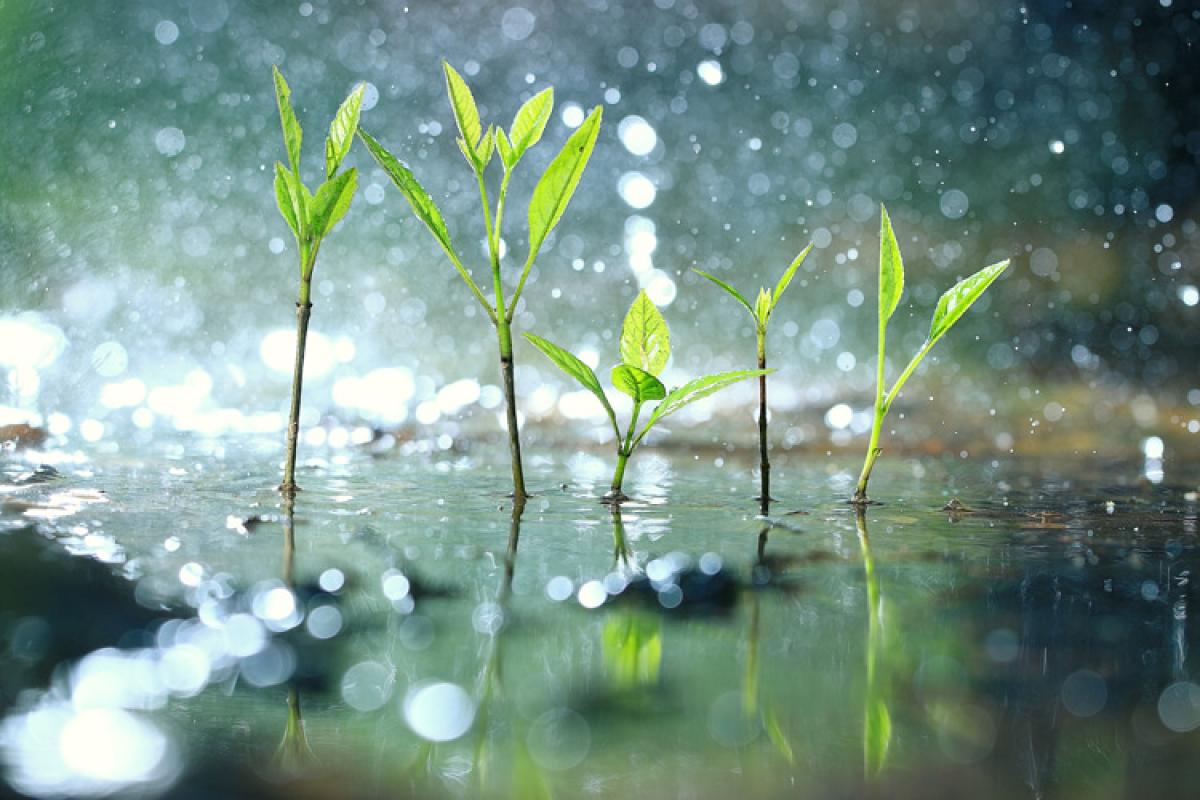
Infiltration
Percolation
Evaporation
Transpiration
What is the oldest known method of water purification?
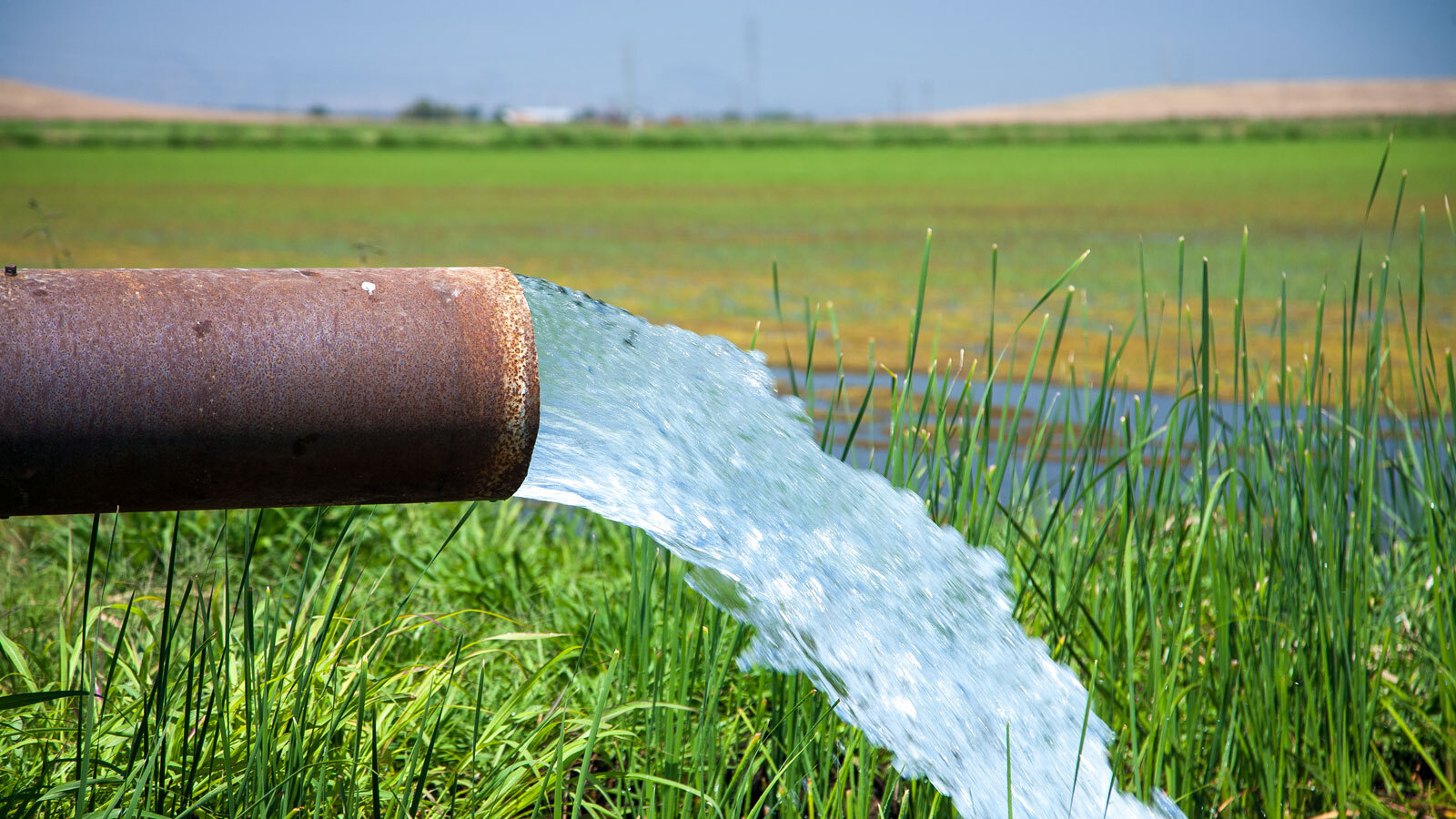
Filtration
Boiling
Distillation
Chlorination
What is the main greenhouse gas that contributes to global warming and impacts the water cycle?

Methane
Water vapor
Nitrous oxide
Carbon dioxide
You're nearing the finale! Which of the following is NOT a vital function of water in the human body?
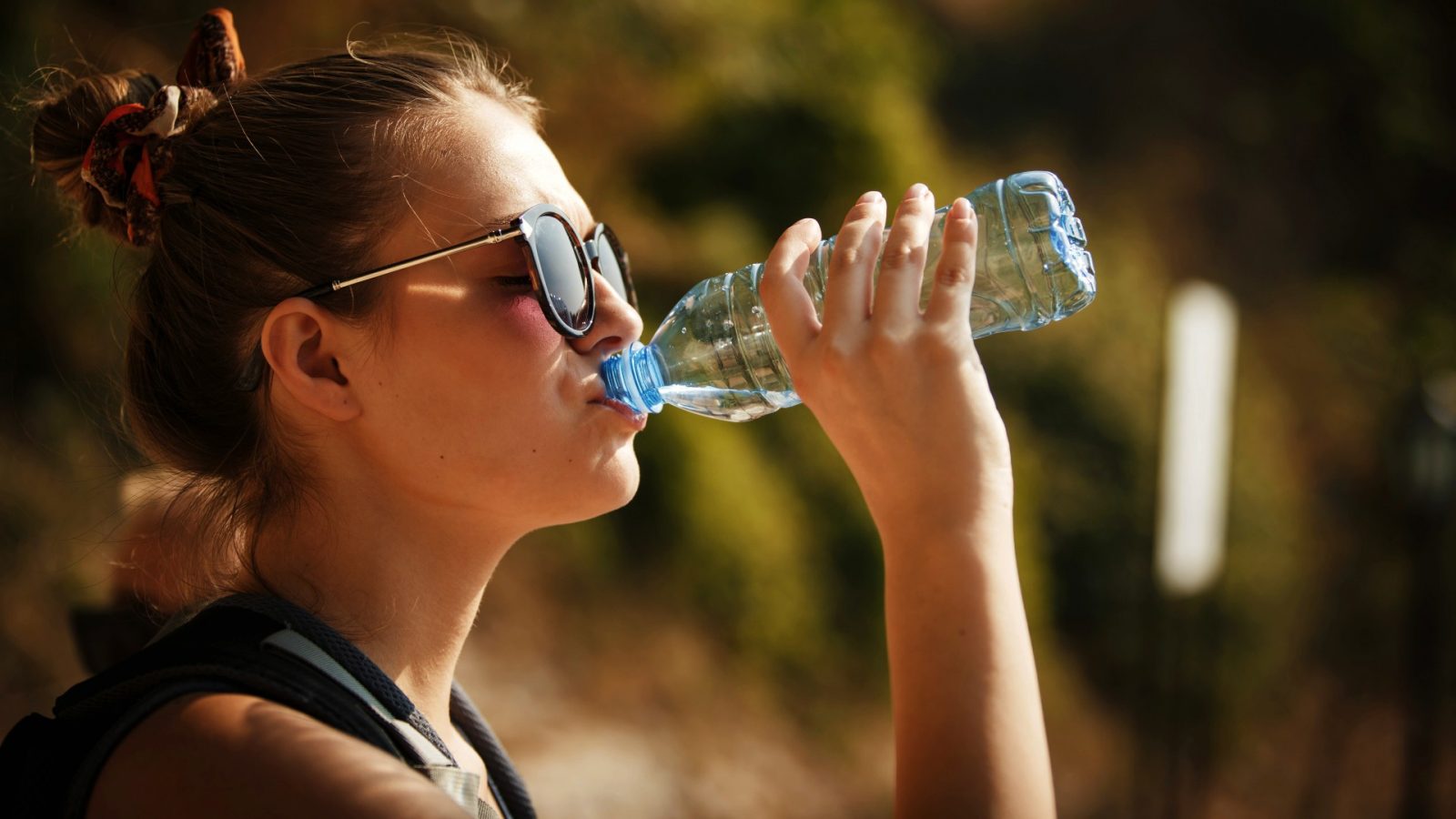
Removal of waste products
Joint lubrication
Temperature regulation
Energy storage
We're coming to a close! What is the energy source of the water cycle?

Soil
The Sun
Clouds
Rain
True or false: The more water you drink, the healthier you are.

False
True


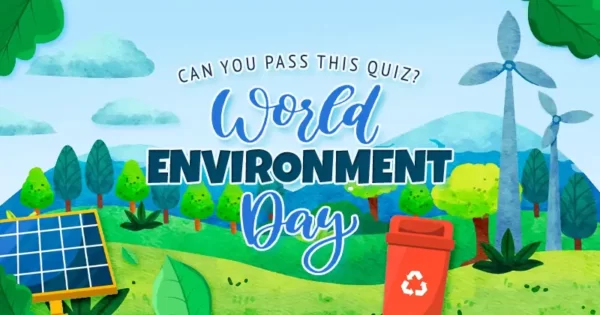




4 Comments
22/22!!!!!
11/22
13 / 22
Interesting